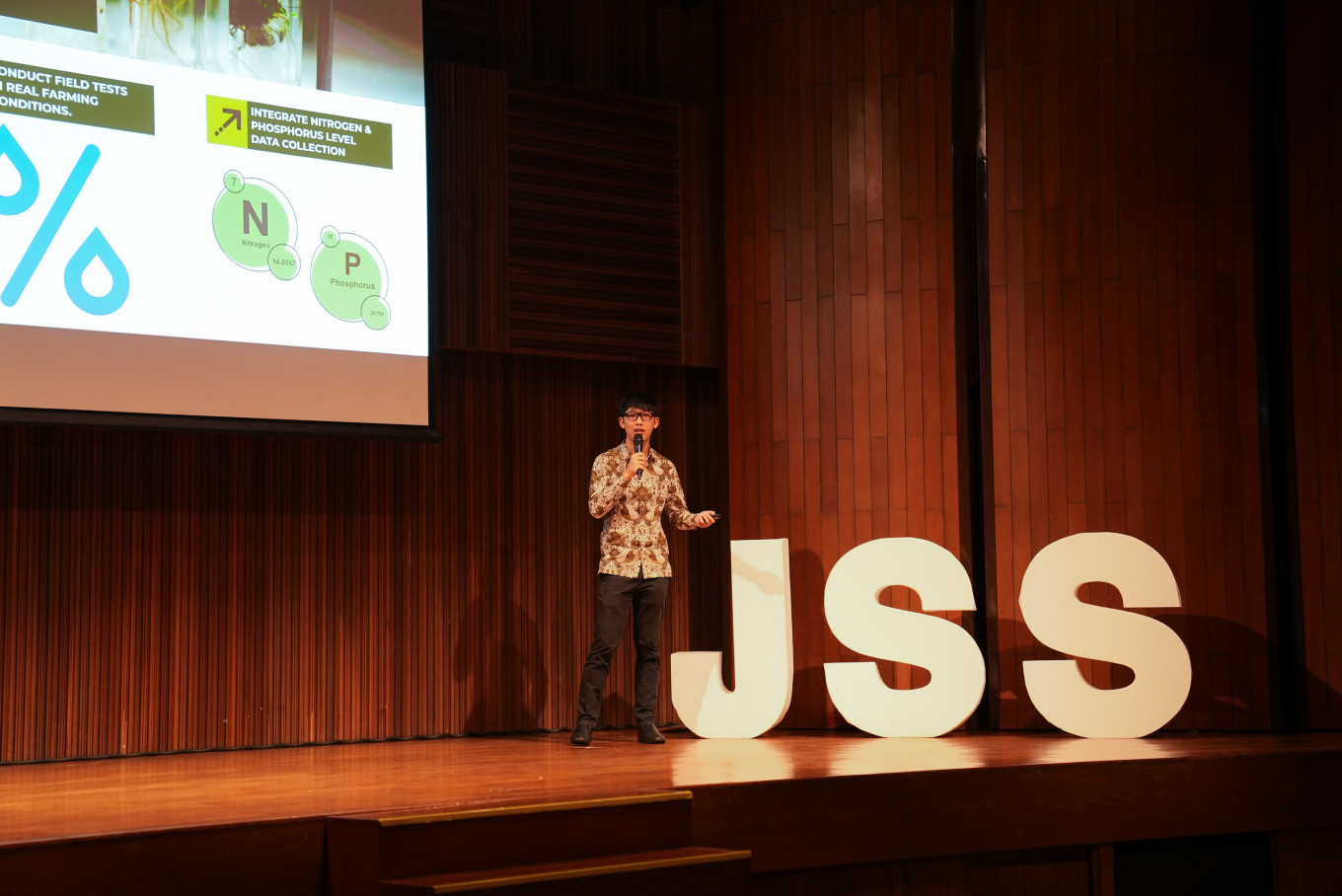US Restricts Aerospace Tech Sales to China Amidst Mineral Export Dispute

Washington D.C. - In a move signaling escalating trade tensions, the United States has reportedly suspended the export of certain aerospace technologies to China. The restriction targets sales intended for use by COMAC (Commercial Aircraft Corporation of China, Ltd.), a state-owned Chinese aircraft manufacturer. Sources within the industry confirm the suspension, which appears to be a direct response to China's recent limitations on the export of critical minerals to the U.S.
The New York Times was the first to report on this developing situation. While the specific technologies impacted haven't been fully disclosed, industry analysts suggest they likely involve components crucial for advanced aircraft systems, potentially affecting COMAC's development and production of its next-generation aircraft.
A Tit-for-Tat Response?
The timing of the suspension strongly suggests a retaliatory measure. China recently imposed restrictions on exports of gallium and germanium – rare earth minerals vital for semiconductor and electric vehicle manufacturing – sparking concern in Washington and prompting the Biden administration to explore potential responses. This action by the U.S. appears to be a calculated move to exert pressure on Beijing and demonstrate the potential consequences of trade barriers.
“This is a clear indication of the escalating trade war between the US and China,” stated Dr. Emily Carter, a trade policy expert at the Peterson Institute for International Economics. “Both sides are demonstrating a willingness to use export controls as leverage, and we can expect further actions and counter-actions in the coming months.”
Impact on COMAC and the Aviation Industry
The suspension could significantly impact COMAC's ability to advance its aircraft development programs. While China has been investing heavily in its domestic aerospace industry, it still relies on foreign technology for certain components. The restriction on U.S. aerospace technology could delay production timelines and potentially affect the performance of COMAC's aircraft.
Beyond COMAC, the broader aviation industry could also feel the effects. The restriction highlights the vulnerabilities of global supply chains and the potential for geopolitical tensions to disrupt trade flows. It also underscores the importance of diversifying supply sources and fostering greater self-sufficiency in critical technologies.
Future Outlook
The situation remains fluid, and the long-term implications are yet to be seen. Negotiations between the U.S. and China are ongoing, and it's possible that the restrictions could be eased or altered in the future. However, the current climate suggests that trade tensions are likely to persist, and businesses operating in both countries should prepare for continued uncertainty.
The U.S. government has not yet issued an official statement confirming the suspension. However, industry sources maintain that the restrictions are in place and are being actively enforced.






